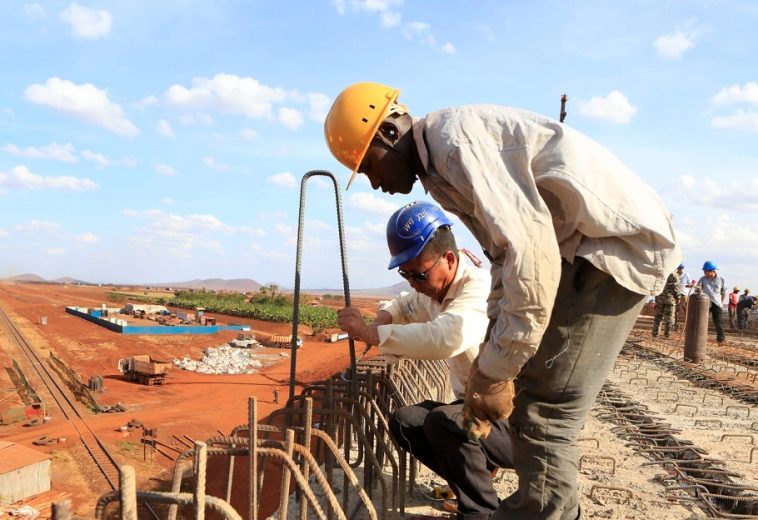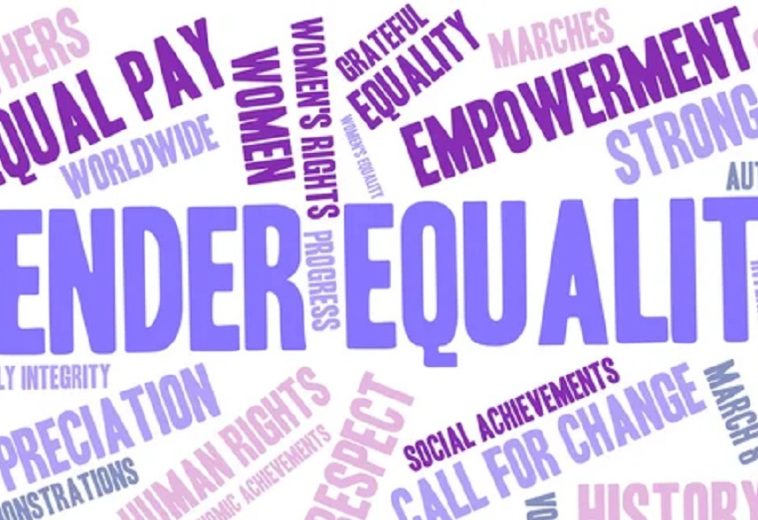For decades, Africa has been a continent associated with foreign aid. Billions of dollars have flowed into African nations from Western countries, to address poverty, hunger, and health crises. According to the Organisation for Economic Co-operation and Development (OECD), Africa received an estimated $51.7 billion in Official Development Assistance (ODA) in 2021 alone. This aid has often been criticised for fostering dependency, with critics arguing that aid has done little to promote sustainable economic growth.
The dependency theory, proposed by economists like Andre Gunder Frank, suggests that foreign aid can trap nations in a cycle of dependency, hindering their ability to develop independently. This theory is particularly relevant to Africa, where aid has sometimes been seen as a tool for maintaining Western influence rather than empowering local economies.
However, recent data suggests that there has been a paradigm shift in the way Africa engages with global powers. The focus is increasingly moving from traditional aid to investment-based partnerships, one that is characterised by mutual benefits, economic growth, and long-term sustainability.
The Shift Towards Investment
In contrast to the traditional aid model, the last two decades have witnessed investment-driven partnerships between Africa and the West. This shift is exemplified by the rise of foreign direct investment (FDI) in Africa. According to the United Nations Conference on Trade and Development (UNCTAD), FDI flows to Africa reached $83 billion in 2021, marking a 147% increase from the previous year.
This surge in investment is driven by multiple factors. Firstly, Africa’s vast natural resources, including minerals, oil, and gas, have attracted significant interest from global investors. Secondly, the continent’s burgeoning middle class and rapid urbanisation have created new markets for consumer goods and services. Finally, Africa’s youthful population, with over 60% of its population under the age of 25, presents a significant opportunity for economic growth and innovation.
Key Players in Africa’s Investment
Several global powers have emerged as key players in Africa’s new investment-driven economic landscape. China, in particular, has taken a leading role. Through its Belt and Road Initiative (BRI), China has invested billions in African infrastructure projects, including railways, ports, and highways. By 2022, China’s FDI stock in Africa had surpassed $56 billion. This investment is often framed as a win-win partnership, providing much-needed infrastructure for African nations while opening up new markets for Chinese companies.
The United States has also shifted its approach, with initiatives like Prosper Africa, which aims to increase two-way trade and investment. Since its inception, Prosper Africa has supported over 800 deals worth an estimated $50 billion across 45 African countries.
Europe, too, has been rethinking its strategy. The European Union launched its ‘Africa-Europe Alliance for Sustainable Investment and Jobs in 2018, to create 10 million jobs in Africa by 2025. This initiative is part of a broader strategy to foster economic growth and reduce the root causes of migration.
The Benefits of Investment-Driven Partnerships
The shift from aid to investment offers numerous benefits for African nations. Unlike aid, which is often short-term and conditional, investments tend to be long-term and focused on economic development. Investment-driven partnerships promote job creation, infrastructure development, and skills transfer, which are crucial for sustainable growth.
For instance, the African Continental Free Trade Area (AfCFTA), which came into effect in 2021, is expected to boost intra-African trade by 52% by 2022, according to the World Bank. This trade agreement, the largest in the world by number of countries participating, is a testament to Africa’s commitment to transforming its economic landscape through investment and trade.
Moreover, investments in technology and innovation are helping to drive Africa’s digital transformation. For example, fintech companies in Nigeria, Kenya, and South Africa are attracting substantial venture capital, positioning these nations as leaders in the global fintech ecosystem. In 2021 alone, African startups raised over $4 billion in venture capital, a significant increase from previous years.
Challenges and Considerations
While the shift from aid to investment presents numerous opportunities, it is not without challenges. One major concern is the risk of debt dependency, particularly concerning Chinese loans for large infrastructure projects. The Centre for Global Development has highlighted that several African countries are at risk of debt distress due to these loans.
Furthermore, the benefits of investment-driven partnerships are not always evenly distributed. There is a risk that investments may exacerbate inequality, particularly if they are concentrated in specific sectors or regions. African governments must ensure that investment leads to inclusive growth that benefits all citizens.
READ ALSO: Global Trade Policies: Impact and Lens on Africa’s Economy
What Next?
African nations are taking charge of their economic future, focusing on long-term growth and sustainability. While challenges remain, the opportunities presented by this shift are immense. As global powers continue to invest in Africa, the continent is poised to become a major player in the global economy, driven by innovation, entrepreneurship, and a youthful, dynamic population.
This transformation will require careful management, strategic planning, and a commitment to inclusive growth. If these elements are in place, Africa’s shift from aid to investment could very well be the key to unlocking the continent’s vast potential in the next century.




